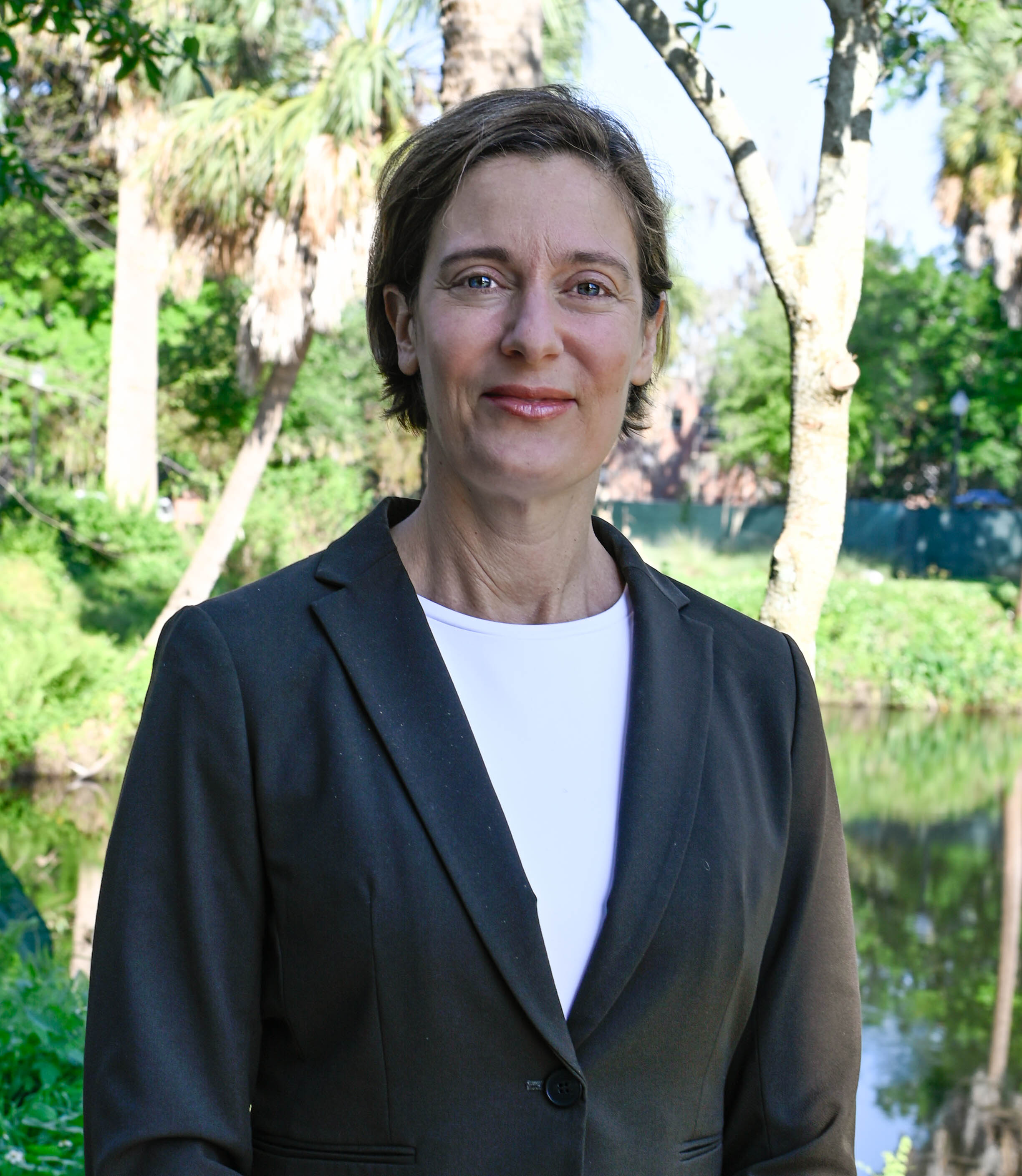
Dr. Kate Fogarty, Associate Professor
Education:
- Ph.D. Department of Child and Family Development. The University of Georgia. Athens, GA
- M.S. The University of Georgia. Athens, GA. Major: Child and Family Development.
- B.A. University of Rochester, Rochester, NY. Major: Psychology
Biography
Kate Fogarty is a youth development specialist within the FYCS Department and the Florida 4-H Program. She has a 45% teaching, 35% Extension/4-H Youth Development, and 20% research appointment. Her positive youth development (PYD) education and evaluation applications include exploring how youth program features, combined or interacting with youth characteristics, elicit PYD outcomes. Specific PYD-relevant research interests include: thriving among adolescents and emerging adults; mentor-mentee relationship quality in PYD programs; indicators of healthy peer and romantic relationships; and understanding how positive childhood experiences (PCEs) contribute to resilience among youth growing up with adversity (ACEs). Her methodological preference for exploring research questions entails multivariate quantitative examination of influences on youth well-being, including mental health (depression, suicidality) and positive adulting (including positive contributions to one’s community). Kate received her M.S. and Ph.D. degrees from the University of Georgia’s Department of Human Development and Family Science and currently serves as FYC Departmental Graduate Coordinator at UF.
Kate taught undergraduate and graduate courses including Foundations of Youth Development (FYC 3201), Contemporary Youth Problems (FYC 4212), Human Services (FYC 3115), Theoretical Approaches to Youth Development (FYC 6234) and Promoting Positive Youth Development (FYC 6223). As of 2024 she has chaired 2 PhD committees, chaired 23 MS committees, served as internal member to 5 PhD and 30 MS committees, and served as external member to 15 PhD and 2 MS committees. She has mentored 7 undergraduate students pursuing honors research.
Research keywords include the following:
- Positive Youth Development (PYD) Programs
- Mentor-Mentee Relationship Quality within PYD Programs
- Youth Life Skill Development
- Indicators of Thriving among Youth
- Well-being or resilience as demonstrated with adolescents’ and emerging adults’ mental health
- Adverse Childhood Experiences
- Positive Childhood Experiences
